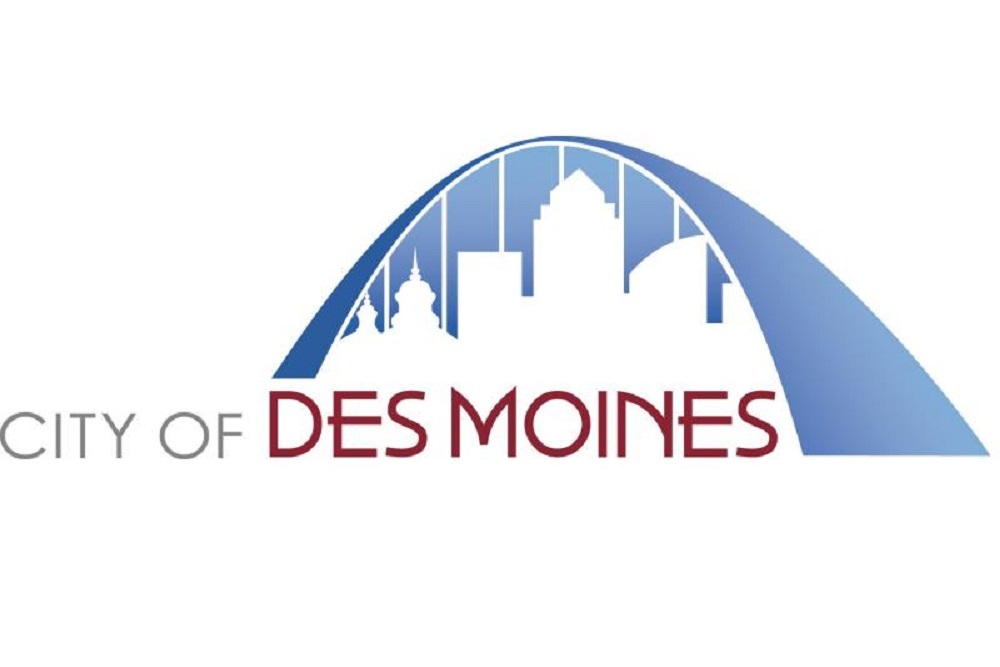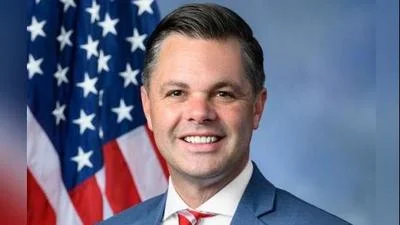City of Des Moines issued the following announcement on June 07.
On the outskirts of Des Moines, along East Army Post Road, Public Works crews were hard at work last week installing a state-of-the-art bioreactor that will improve water quality in the Easter Lake Watershed. The bioreactor was installed by members of the Sewer Operations Division who have now installed four similar projects throughout the City of Des Moines.
"Des Moines isn’t full of wide-open spaces where we can implement infrastructure to improve the water quality in our watersheds,” Public Works Director Jonathan Gano said. “That’s why we have to get creative in finding ways we can address water quality before it gets into our lakes, streams and recreational waterways. These partnerships with local farmers go a long way to helping us achieve our water quality goals."
The Easter Lake Watershed has undergone significant improvements over the last 5 years, with the City’s “Restoring Easter Lake” initiative winning the 2021 National Environmental Achievement Award (NEAA) in the Watershed Collaboration Category.
“This newest project is a lot more than a standalone project,” Clean Water Administrator Patrick Beane said. “It fits into our comprehensive plans to reach our water quality and stormwater runoff goals throughout the entire City, and pushes those efforts forward.”
The completed bioreactor came together like this – crews connected to existing farm tiles and dug a 10-foot by 50-foot pit that was filled with woodchips. The buried woodchips contain a bacteria that converts nitrates from the field runoff into harmless gas that is released into the atmosphere, greatly reducing the amount of nitrates left in the water when it reaches Easter Lake.
“Despite being a relatively simple project, this is a measure that we know will make a difference in the water quality of this area,” Beane said. “Partnerships like this are necessary as we continue to find ways to make a difference in the water quality in our City.”
Des Moines homeowners can also participate in the Stormwater Best Management Practices Rebates Program – residents are eligible for $2,000 in rebates for qualifying stormwater upgrades to their property. To learn more about this program, what work qualifies and how to apply, visit DSM.city/swbmp.
Original source can be found here.






 Alerts Sign-up
Alerts Sign-up